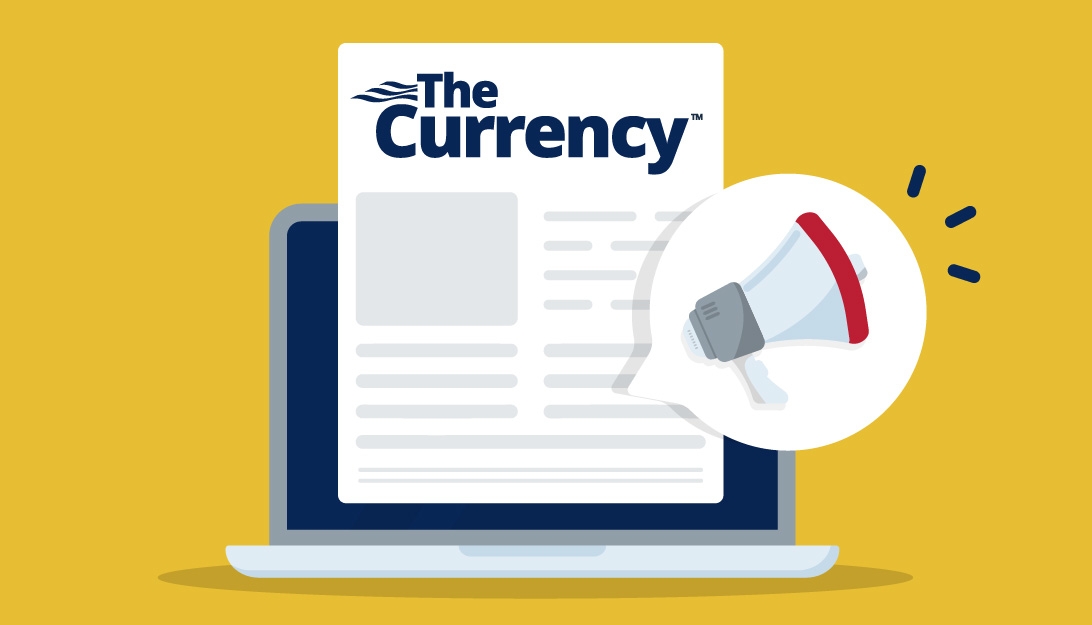The Currency
🎈 Going up
Money
Slug
category--money
The S&P 500 index ballooned 10.16%, soaring to its strongest first quarter in five years. Let’s take off into this week’s money news.
What is considered early retirement age?
Life
Slug
category--life
Age may be just a number, but that number matters when it comes to retiring.
Capital markets perspective: Measure twice, cut once
Money
Slug
category--money
When working with wood, there’s a saying that you should always measure twice before making a cut – an approach that the Federal Reserve has also apparently taken by repeatedly re-measuring and re-marking their line before firing up the saw.














